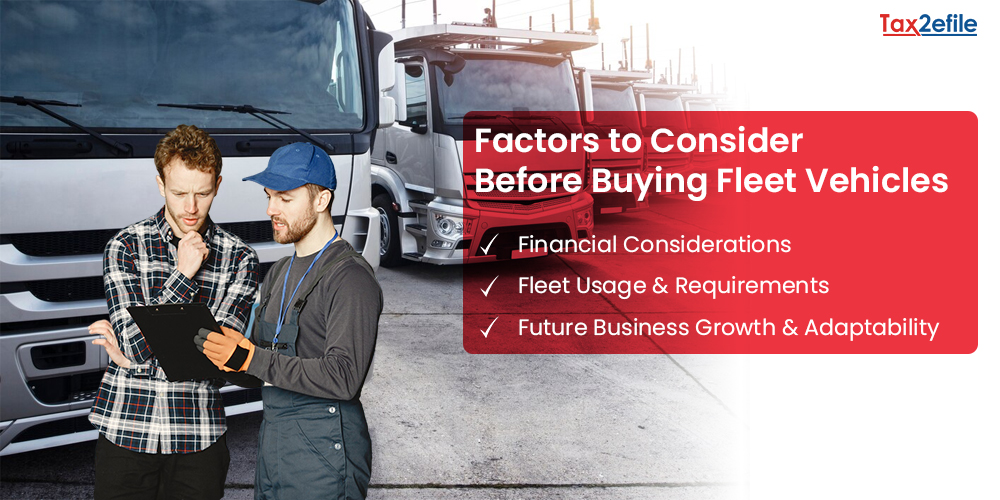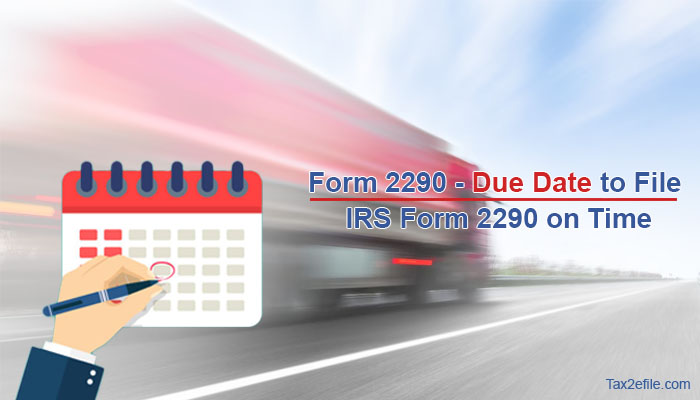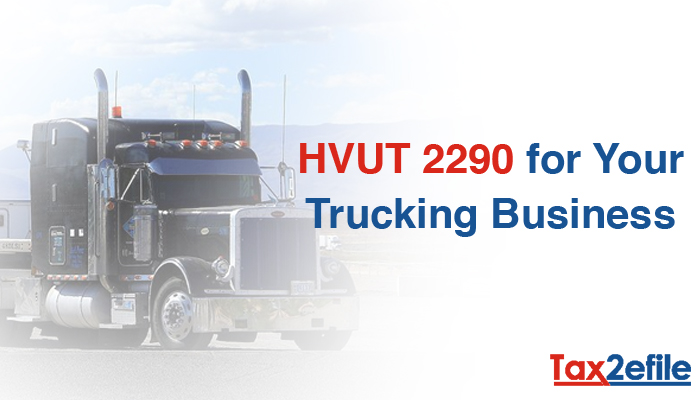- July 24, 2024

Fleet vehicles are vehicles that organizations and businesses make use of to offer personal services. Fleet vehicles can offer various tasks and services ranging from delivery of goods and other moving operations. When it comes to employing a fleet vehicle for business purposes, we have two options: purchase or lease the truck for the trucking firm. The decision to lease or buy a fleet vehicle for a trucking company is influenced by a variety of factors, including financial status, operational needs, and long-term business objectives. Let’s talk about the pros and cons of buying the fleet vehicle for your trucking company here.
What is the Fleet Vehicle?
A fleet vehicle is one that is leased or owned by a company, government agency, or any other organization operated by an individual or family. A number of organizations lease or own fleet vehicles to deliver items to customers, and some also provide vehicles for their representatives to meet with clients and perform other business-related functions.
The fleet or group of vehicles is generally owned and controlled by a single business, whether a non-profit or government organization. By owning, operating, and controlling the fleet, the fleet owner is able to standardize their vehicles and services across all of their disciplines. They are generally managed and owned by the business but could also be leased for business-related purposes. The fleet vehicle is used for tax purposes as well by the company that owns it.
Pros of Buying Fleet Vehicles
The decision to purchase fleet automobiles is critical for businesses, and it requires considering elements such as resale value, vehicle history, safety features, and car finance. While deciding between buying new or used fleet vehicles, businesses must weigh the pros and cons of each option. It is critical to appreciate the significance of this decision, as fleet cars are important to the efficient operation and success of many organizations across a wide range of industries.
Furthermore, organizations must carefully analyze their specific needs and financial limits when purchasing fleet vehicles, whether new or secondhand. Buying used fleet vehicles can be an enticing choice for cost-conscious organizations because they typically have fewer upfront expenses and are available immediately. However, there are also concerns about the condition, dependability, and continuous maintenance of used vehicles. The pros of buying fleet vehicles are as follows,
Potential Cost Savings
Purchasing fleet vehicles can result in long-term cost savings over fleet leasing or renting solutions. While there may be larger upfront expenditures, buying the vehicles entirely avoids monthly lease or rental payments, which could result in long-term savings.
Total Control over the Vehicle
Buying fleet vehicles provides businesses with complete control and flexibility over vehicle usage, customization, and maintenance. This enables increased operational efficiency and customizable solutions to meet specific company requirements.
Potential Tax Benefits
Purchasing fleet vehicles may provide businesses with tax breaks. In some areas, businesses may be entitled to tax breaks or credits on car purchases, depreciation, and operational expenses. It is recommended that you consult with a tax professional to properly appreciate the potential tax benefits.
Cons of Buying Fleet Vehicles
Upfront Costs
Purchasing fleet vehicles necessitates a hefty initial expenditure. This can be a considerable financial burden, particularly for small enterprises and startups with limited resources. Allocating a significant part of funds to car purchases may hinder cash flow and investment in other aspects of the organization.
Depreciation Risk
Fleet cars, like other vehicles, depreciate over time. Over time, the value of the vehicles will fall, and reselling them may result in a reduced return on investment. Depreciation can have an impact on the overall financial picture of a firm, particularly if the cars need to be replaced or updated in the future.
Potential Maintenance Issues
With a fleet of vehicles, there is a higher risk of maintenance and repair problems. The costs of keeping and servicing several automobiles can accumulate over time. Maintenance difficulties may grow more common and costly as the vehicle’s age, make, and model increase.
Factors to Consider Before Buying Fleet Vehicles
The decision between buying and leasing the fleet depends on the careful consideration of the pros and cons of buying fleet vehicles. Buying the fleet vehicles renders complete control over the vehicles, and it also offers potential cost savings in the long run, along with tax advantages. However, buying vehicles for business purposes comes with a significant upfront investment. There is also a risk of depreciation of the vehicle, along with its potential maintenance issues. Some of the factors to consider before buying fleet vehicles are as follows,

Financial Considerations
Assessing available resources, cash flow, and long-term budget projections is critical for identifying the best solution. Purchasing may necessitate a considerable initial expenditure, whereas leasing or adopting innovative financial products can provide greater cost-management options.
Fleet Usage and Requirements
Analyze the fleet’s specific needs, such as mileage requirements, vehicle types, and prospective improvements, to determine whether ownership, leasing, or used fleet vehicles are the best fit. Businesses with changeable or unpredictable fleet requirements may find leasing or flexible financial alternatives more beneficial.
Future Business Growth and Adaptability
Consider the scalability and adaptability of buying used or new fleet vehicles. Will the fleet’s size alter in the future? Will there be a need for newer, more efficient cars? Evaluating long-term growth goals and industry trends can help drive decision-making processes.
Buying Used Fleet Vehicles
Buying used fleet vehicles is the most viable option to enhance the operational capacity of the business, while concurrently maintaining the budget constraints. By choosing to buy used fleet vehicles, businesses will be able to improve their operational efficiency while concurrently handling their budget constraints as well. Navigating the used fleet vehicles market demands keen insight, due diligence, and a very strategic approach. Some of the important factors to consider while buying the used fleet vehicles for the business are as follows.
Understand the Needs of the Fleet
Before venturing into the used vehicles market, it is important to define the requirements and consider the type of vehicle, capacity of the payload, fuel efficiency of the vehicles, etc. It is important to make sure that businesses buy vehicles that are a good fit for their operations.
Perform Adequate Market Research
In-depth market research helps to acquire the best deals in acquiring used fleet vehicles. This also involves a comprehensive understanding of deep market dynamics. It is important to look into factors such as the vehicle model, seasonal trends that affect vehicle pricing, vehicle availability and pricing, etc. It will be possible to find the best deals available by taking thorough and analytical market research.
Finding Reputable Sellers
While buying a used fleet, it is mandatory to perform a thorough inspection. Begin with a thorough visual inspection of the fleet body, signs of rust, and other damages, that indicate poor maintenance. Inspection of the fleet should be done in two steps, inspection of the interiors and checking its mechanical aspects. Check the wear and tear on the fleet seats, their functioning controls, and signs of water damage. It is important to check for signs of leaks, in the vehicle engine and transmission.
Price Negotiation
When it comes to buying the fleet vehicles, effective negotiation with the seller is the key. The points from vehicle inspection can be taken into consideration while negotiating the price of the vehicle. Effective negotiations mark the efficiency of the investment.
Corporate Fleet Vehicles
A corporate fleet is a collection of cars owned or leased by a company or organization for commercial activities. These vehicles are commonly employed to transport goods, staff, or clients. The size and kind of vehicle vary according to demands. Unlike personal automobiles, corporate fleets are maintained and managed by the corporation to ensure that they are always ready for business use. Corporate fleets play a major role in the smooth functioning of many businesses.
- Having a fleet of vehicles enables firms to better manage their logistics, deliveries, and employee transportation, resulting in increased operational efficiency.
- Owning or leasing a fleet might be less expensive than using rental services or paying staff to use their personal vehicles for corporate purposes.
- Giving employees access to a corporate fleet results in higher job satisfaction and morale.
- Vehicles in a corporate fleet can be customized with the company’s emblem and colors, acting as mobile advertising that promotes the firm wherever they go.
- Businesses may guarantee that their fleet vehicles satisfy safety and environmental standards, lowering the risk of non-compliance with regulations.
When it comes to choosing the fleet for the business, businesses generally have two options. They can either buy the fleet or lease it. The choice between the two options should be carefully made after assessing the financial capabilities of the business, the fleet requirements, and the business growth prospects.


